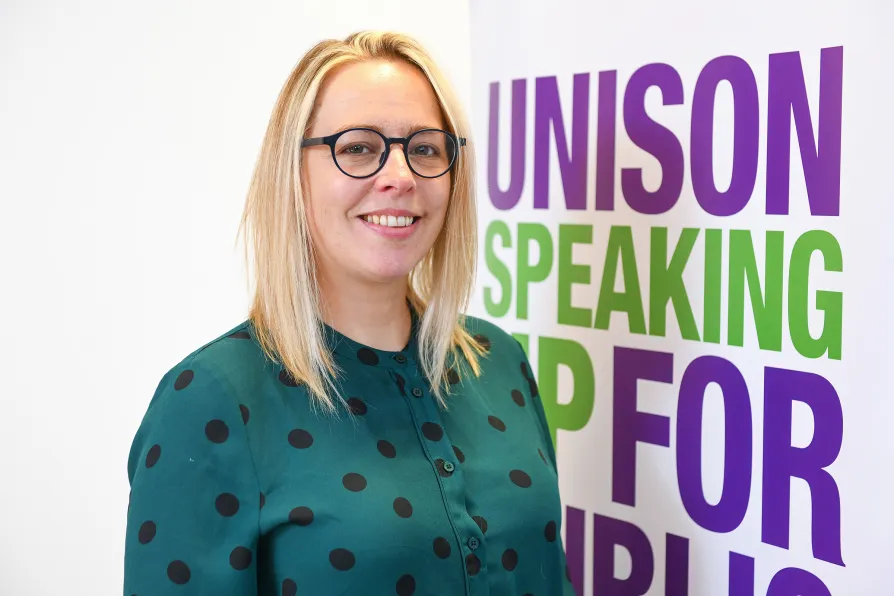With speculation growing about a Labour leadership contest in 2026, only a decisive break with the current direction – on the economy, foreign policy and migrants – can avert disaster and offer a credible alternative, writes DIANE ABBOTT
‘We want to use the union as a vehicle to empower our members’
David Nicholson talks to new Unison Cymru Wales regional secretary JESS TURNER about how she sees the role, what switched her on to trade unionism, and ensuring women have a voice


JESS TURNER is Unison Cymru Wales’s new regional secretary and has taken over from Dominic MacAskill, who is still a member of the Morning Star’s management committee.
The union in Wales remains in safe hands as Turner is steeped in the labour and trade union movement and has a clear sense of class consciousness.
She was raised in and around Swansea and her parents met at a trade union conference.
Similar stories

Ben Cowles speaks with IAN ‘TREE’ ROBINSON and ANDY DAVIES, two of the string pullers behind the Manchester Punk Festival, ahead of its 10th year show later this month

BRETT GREGORY speaks with TOBY MANNING, author of Mixing Pop and Politics: A Marxist History of Popular Music

JOHN GREEN surveys the remarkable career of screenwriter Malcolm Hulke and the essential part played by his membership of the Communist Party

The Morning Star sorts the good eggs from the rotten scoundrels of the year










